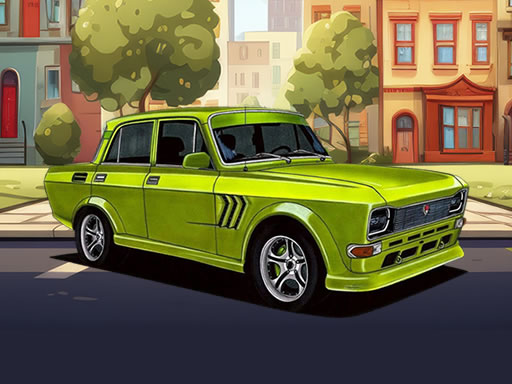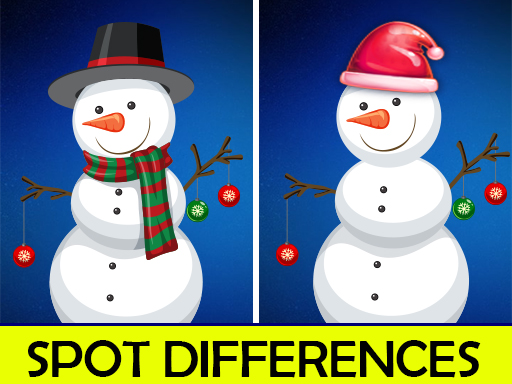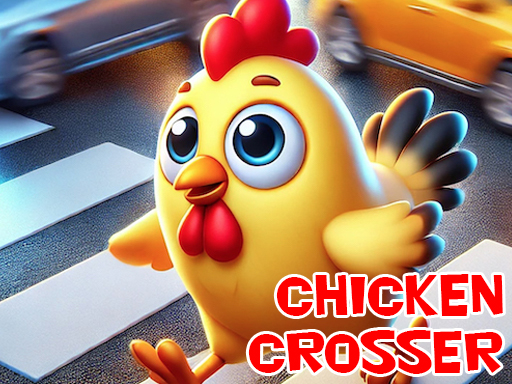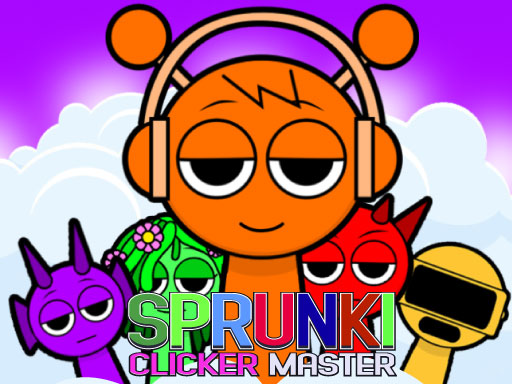
Spot the Difference: Soviet Cars Edition 🚗🔍
Enter the World of Soviet Cars
A Nostalgic Challenge
Have you ever glanced at a vintage car and thought, “Hmm… something’s off here”? That’s exactly the thrill behind Spot the Difference: Soviet Cars Edition! This game takes you on a charming journey through 15 levels of intricately designed Soviet-era vehicles, where each picture holds 7 subtle differences.
The twist? You only have one minute per level. This fast-paced challenge keeps your brain sharp while also tickling your curiosity. It’s more than a game—it’s a mini time machine, letting players explore classic car designs while training focus, attention to detail, and concentration.
Parents, children, and casual players alike can enjoy the blend of nostalgia and strategy. I remember my first attempt at a level: I was so focused on a tiny side mirror, I almost missed a spoiler change on the other side! Moments like these are perfect for a few laughs, gasps of discovery, and a sense of achievement.
Accessible on multiple platforms—mobile, tablet, and computer—this game ensures you can challenge your detective skills anywhere, anytime. Now that we’ve set the scene, let’s take a closer look at how the game works.
Game Mechanics: How Spot the Difference Works
Simple Controls, Big Impact
The controls couldn’t be easier: simply click or tap on the area you think is different. But simplicity doesn’t mean easy! Spotting differences requires keen observation and a touch of strategy. Have you ever noticed how a small shadow or misplaced line can completely change a car’s silhouette? That’s the kind of subtlety this game thrives on.
Objectives That Engage
Your goal is clear: find all 7 differences before the timer runs out. Each level presents a unique Soviet car design, from sleek sedans to boxy trucks, with differences hidden in paint jobs, accessories, or small structural details. It’s a perfect mix of entertainment and cognitive exercise.
This structure trains players to:
- Sharpen visual discrimination
- Improve concentration
- Develop patience and perseverance
Here’s the twist: it’s not just about speed. Accuracy matters as much as pace—one wrong click can cost precious seconds. That blend of challenge and satisfaction keeps players coming back. Next, we’ll explore step-by-step strategies to improve both speed and accuracy.
Step-by-Step Strategies: Sharpen Your Detective Skills
For Young Players
Step one: Scan systematically. Start at the top-left and work across the image like a reading pattern—it prevents missed differences. Step two: Look for anomalies. Shadows, lines, or small details often betray the hidden changes. Step three: Stay calm. One-minute timers can feel intimidating, but focused attention beats frantic clicking.
Mini anecdote: My nephew once clicked wildly, thinking sheer volume would help, only to realize the last difference was hiding behind a tiny wheel cap! Lesson learned: observation beats speed.
For Parents and Guides
- Encourage systematic scanning over random tapping.
- Ask guiding questions: “Does the roof look identical?” or “Are the tires the same?”
- Celebrate discoveries to build confidence and engagement.
Here’s a quick table of key strategies by player type:
| Player Type | Strategy Tip | Fun Bonus |
|---|---|---|
| Young Player | Scan systematically from top-left | Avoid missing hidden differences |
| Parent/Guide | Ask guiding questions instead of giving answers | Encourages critical thinking |
| Both Together | Compare details and discuss anomalies | Builds observation skills & bonding |
With these strategies, spotting differences becomes a rewarding mix of concentration, patience, and discovery. Next, we’ll discuss tips to maximize fun and learning in each level.
Maximizing Fun and Learning
Tips for Focused Engagement
One trick: divide the image into sections mentally and examine each section carefully. This approach reduces stress and prevents missing subtle differences. Another tip: occasionally step back for a quick glance; sometimes patterns emerge more clearly from a slightly wider perspective.
- Use the time wisely: prioritize unusual areas first.
- Keep a mental note of areas you’ve already checked.
- Reward yourself after each level to maintain motivation.
Learning Beyond the Game
Though it’s visually playful, this game is more than entertainment. It fosters:
- Visual-spatial skills
- Attention to fine detail
- Cognitive processing speed
For a deeper dive into observation skills, resources like National Geographic Kids can provide fun exercises to strengthen these abilities in real life. Here’s the twist: each missed difference isn’t a failure—it’s an opportunity to notice subtleties you might’ve overlooked.
Next, we’ll dive into emotional storytelling and interactive engagement, where the game truly shines.
Emotional Storytelling and Interactive Engagement
The Joy of Discovery
Have you ever felt a little rush when spotting a hidden detail others might miss? That’s the magic of Spot the Difference. Each discovery delivers a burst of pride and satisfaction, making the one-minute challenge thrilling. Mini-dialogue example:
“Did you see that tiny dent on the car door?”
“Yes! I can’t believe I almost missed it!”
This interaction creates emotional engagement, blending pride, laughter, and excitement.
Interactive Questions to Spark Thought
- “Which difference do you think is the trickiest?”
- “How would you hide differences if you designed a car?”
- “Have you noticed patterns across levels?”
Such questions invite reflection, discussion, and shared fun, enhancing the educational value for kids and adults alike.
Transitioning naturally, let’s now explore platform access and additional resources, so players can enjoy the game anywhere.
Platforms and Accessibility
Where You Can Play
Spot the Difference: Soviet Cars is accessible across:
- Mobile: iOS and Android for gaming on the go.
- Tablet: Intuitive tap-and-swipe controls.
- PC: Precise mouse-clicking for detailed observation.
This versatility ensures that players can enjoy the game anywhere—from the living room to long car rides.
Additional Resources
For players interested in enhancing observational skills:
- Wikipedia: Visual Perception – Learn how humans detect subtle differences.
- National Geographic Kids for related exercises in attention and observation.
- Memory and puzzle apps to complement the skill-building experience.
With these tools, the game becomes a gateway to sharper thinking and more mindful play.
Next, we’ll wrap up with key takeaways, bonus tips, and social sharing strategies.
Key Takeaways, Bonus Tips, and Social Sharing
Quick Reference Tips
- Scan images systematically, section by section.
- Prioritize unusual or inconsistent areas first.
- Stay calm under the one-minute timer.
- Reward correct discoveries to maintain motivation.
- Discuss hidden details with friends or family for extra engagement.
Final Thoughts
Spot the Difference: Soviet Cars is more than a casual game—it’s a delightful combination of nostalgia, visual challenge, and educational fun. With its engaging one-minute levels, subtle differences, and charming Soviet car designs, it provides countless moments of discovery, laughter, and learning. So the next time you tap or click, remember: every tiny detail matters, every discovery feels rewarding, and every level is an adventure waiting to be solved.
For Your Social
Celebrate your detective streak! Suggested hashtags:
- #SpotTheDifference
- #SovietCarChallenge
- #ObservationSkills
- #MindfulGaming
- #PuzzleFun
Sharing completed levels can inspire friends, spark friendly competition, and showcase your observational prowess.
External Links:
- Wikipedia: Visual Perception – Understand how humans detect subtle differences.
- National Geographic Kids – Exercises for attention and observation skills.






